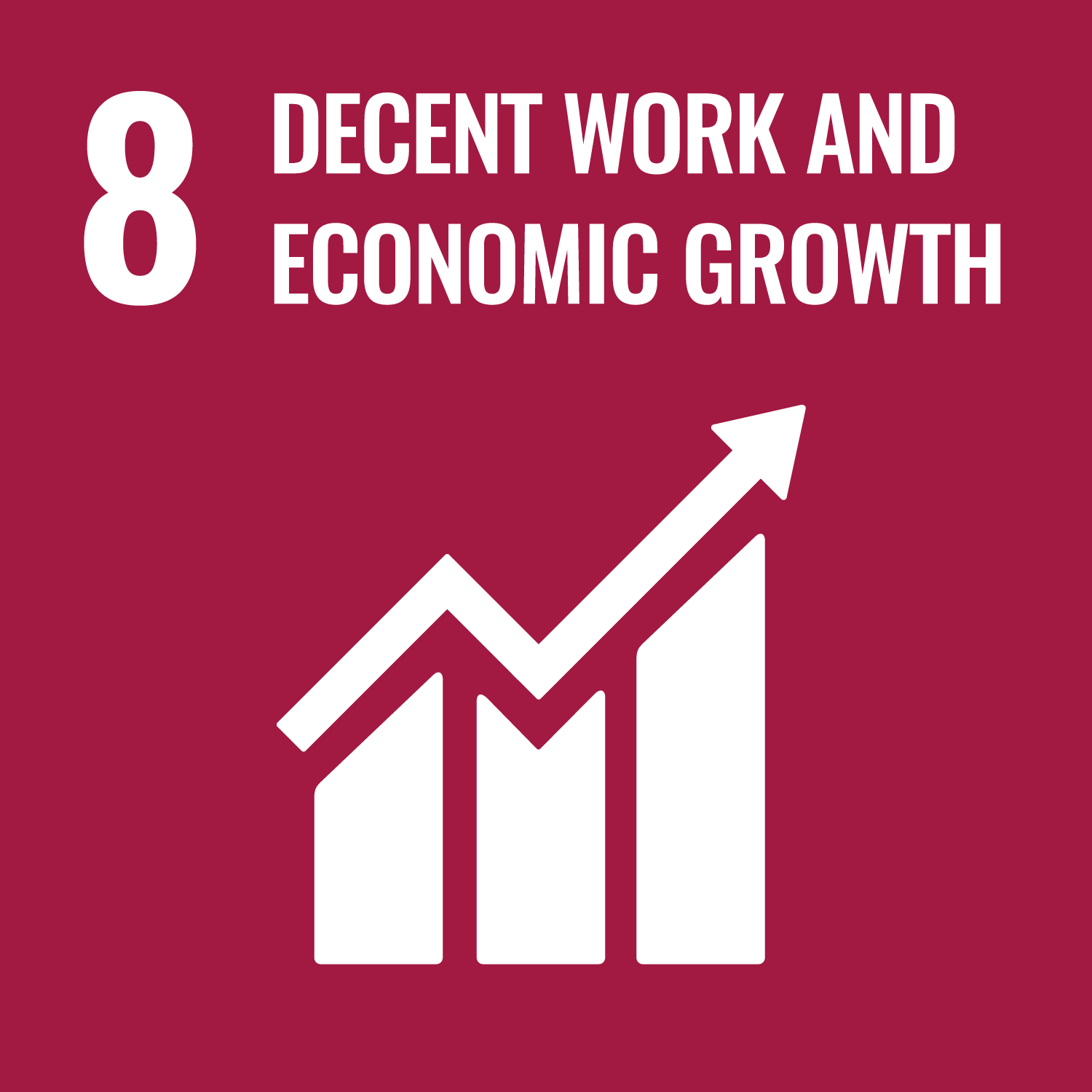
RwandaArticleDigitalization
RwandaArticleDigitalization


Fintech is on the rise across Africa, with over $2 billion USD invested in the sector in 2021. Rwanda, too, is experiencing rapid fintech development, driven by the government’s ambition to establish itself as a regional financial hub. Initiatives like the Kigali International Financial Center (KIFC) and regulatory sandbox frameworks are part of the efforts to create a conducive business environment.
Rwanda’s digital transformation is evident in its impressive 4G coverage of 96.6% and substantial growth in internet coverage and international bandwidth access. The country has invested significantly in a robust 7000-kilometer fiber optic backbone. The ICT sector fosters innovation through incubators, accelerators, and entrepreneurship hubs like FintechHub, kLab, Norrsken, and Impact Hub Kigali, providing training, networking, and workspace support for start-ups.
Beyond fintech companies, various stakeholders, including sector associations, development partners, private networks, and public actors, contribute to Rwanda’s fintech ecosystem. They collaborate to create favorable regulatory frameworks and provide support for sustained growth.
Challenges:
The Rwandan fintech sector has its challenges, including a small national market, hindering competitiveness regionally. Data localization requirements from the National Data Revolution Policy incur high costs and reveal inadequate infrastructure. Low financial and digital literacy, a limited senior IT workforce, and a skills gap among recent graduates pose obstacles. Licensing complexities and integration with traditional finance add strain, marked by unclear processes, limited tech capacity, and low technology adoption rates. Overcoming these challenges necessitates strategic initiatives to foster growth and innovation in the Rwandan fintech landscape.
Opportunities:
The Rwandan fintech sector presents opportunities across various domains. In insurance tech, the digitization of traditional sectors, particularly agriculture, is expected to expand the offering of insurance products. While wealthtech aligns with Kigali International Financial Center (KIFC) goals. Growing adoption of digital tech creates demand for regtech and cybersecurity. Increasing financial data in the economy opens avenues for data analytics. Capacity building addresses skill gaps, and business process outsourcing (BPO) is set to grow. Fintech in agriculture, including payment and lending solutions, presents untapped potential.
The market scan is intended for interested individuals and businesses that want to explore the fintech sector in Rwanda. Download the fintech market scan for more details and Contact TRAIDE Rwanda if you have any questions about this report, or if you are interested in the fintech sector in Rwanda. [email protected].
Stay up to date
From sector studies to trade missions. From concept development to local coordination. Witness first-hand how we develop lasting private sector solutions.